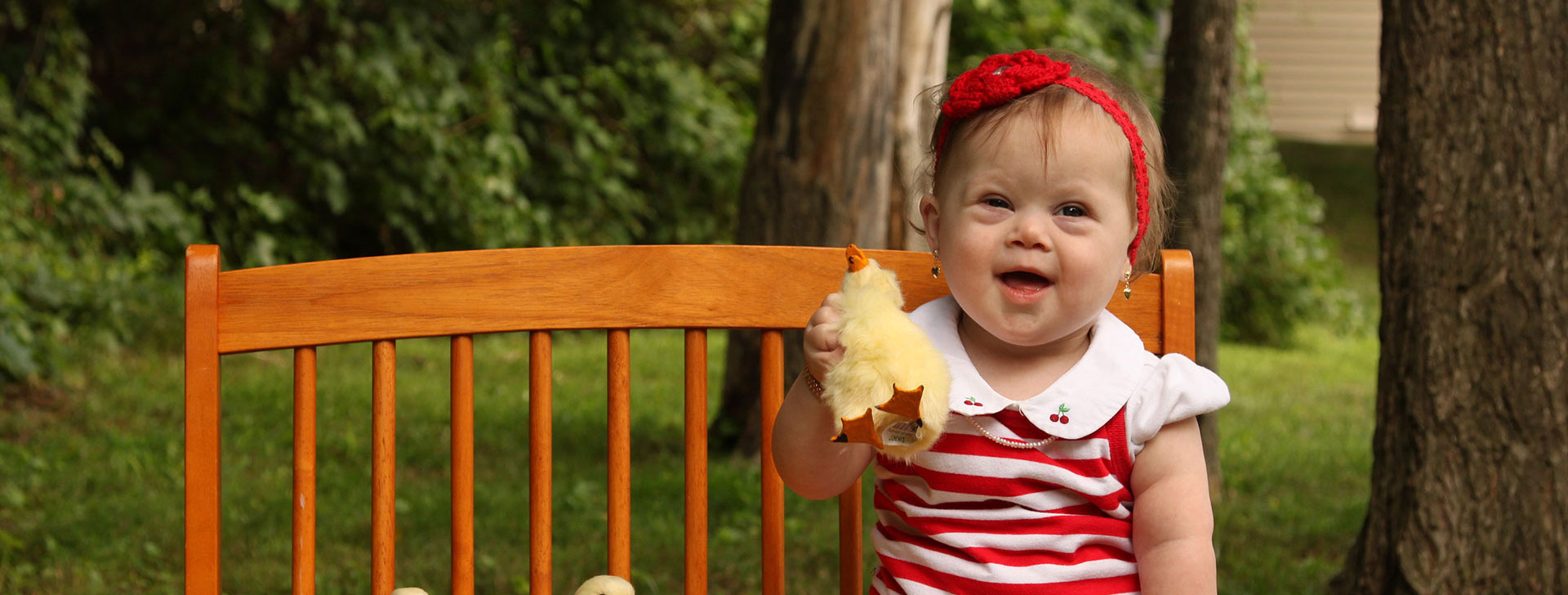We have the great zechus in our yeshiva to accept boys with all types of issues. We have a normal, mainstream yeshiva. B’H, we have boys who become Roshei Yeshiva, doctors, lawyers, accountants, and of course, huge talmidei chachomim.
But we have something else, too. Our students have learned how to live with all kinds of kids. People in our yeshiva believe that we are doing a tremendous chesed by helping all types of boys. Correct, absolutely correct! But the greatest chesed is to our own talmidim! They learn how to be sensitive to other people. A number of our talmidim now live in adult homes. Their classmates from 20 years ago, many married with families, still stay in close contact and even visit them regularly. So, tell me, who is the chesed for?
Click here for full article >>

